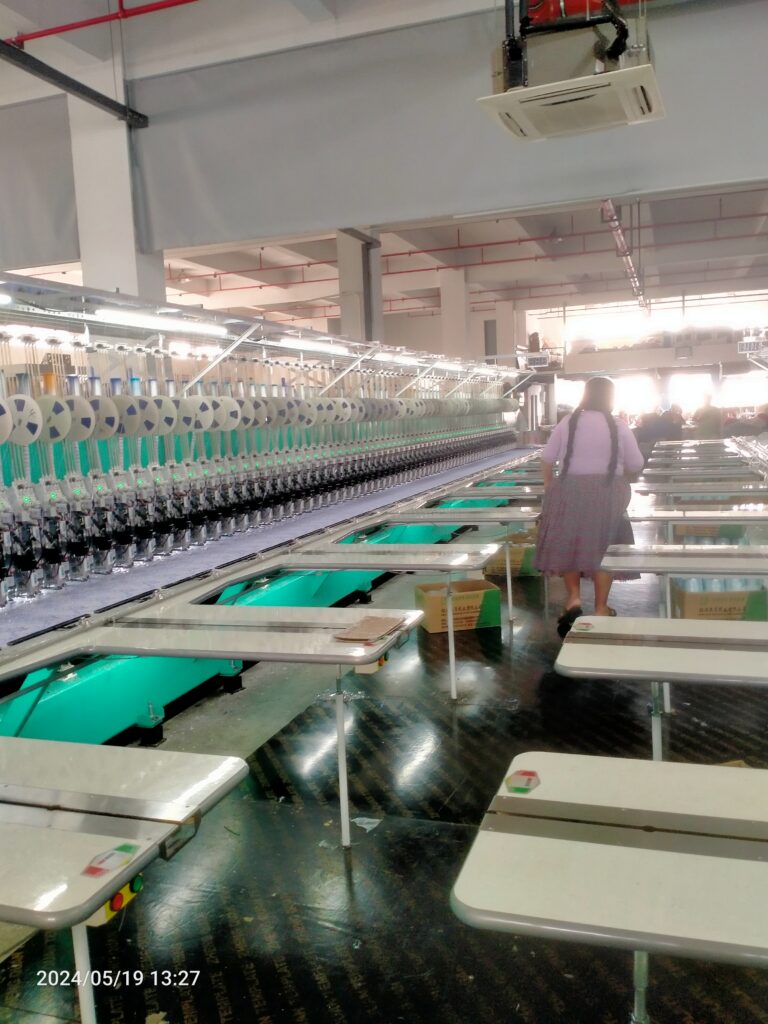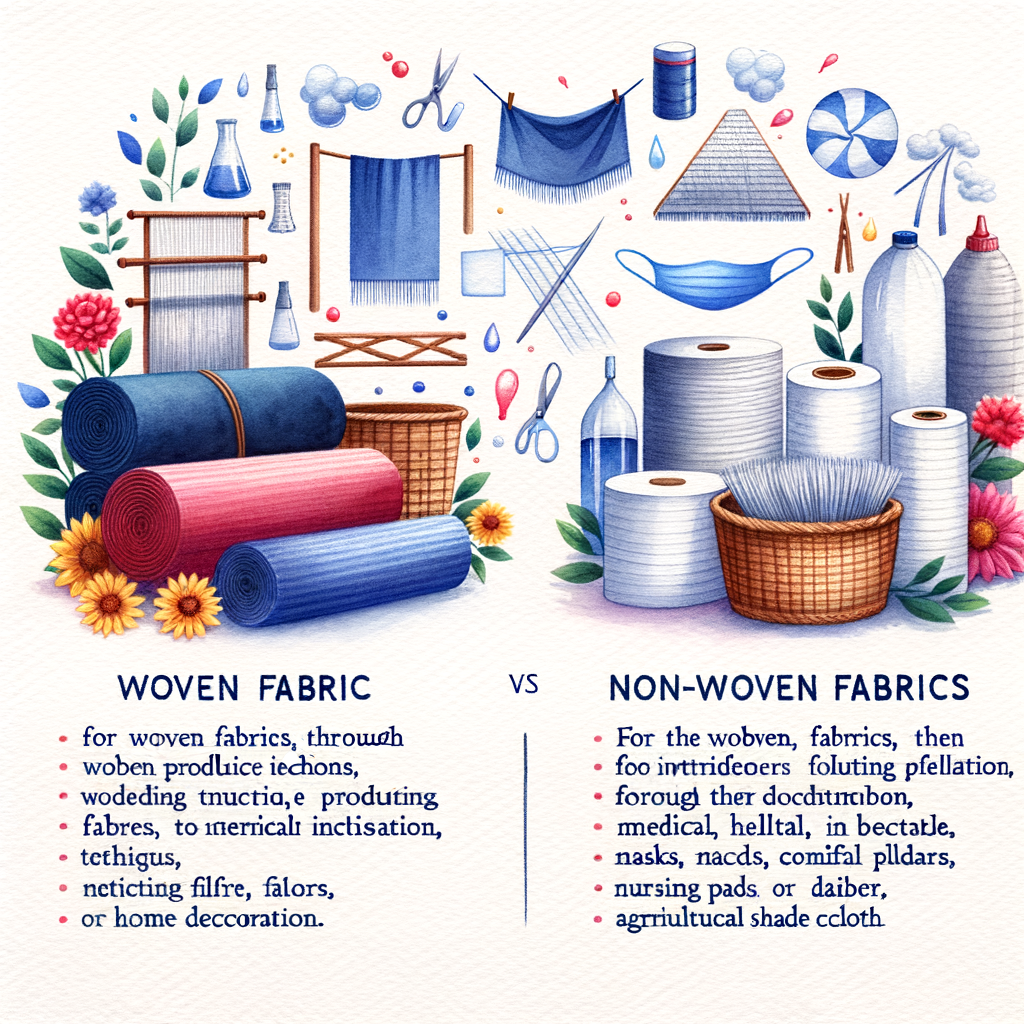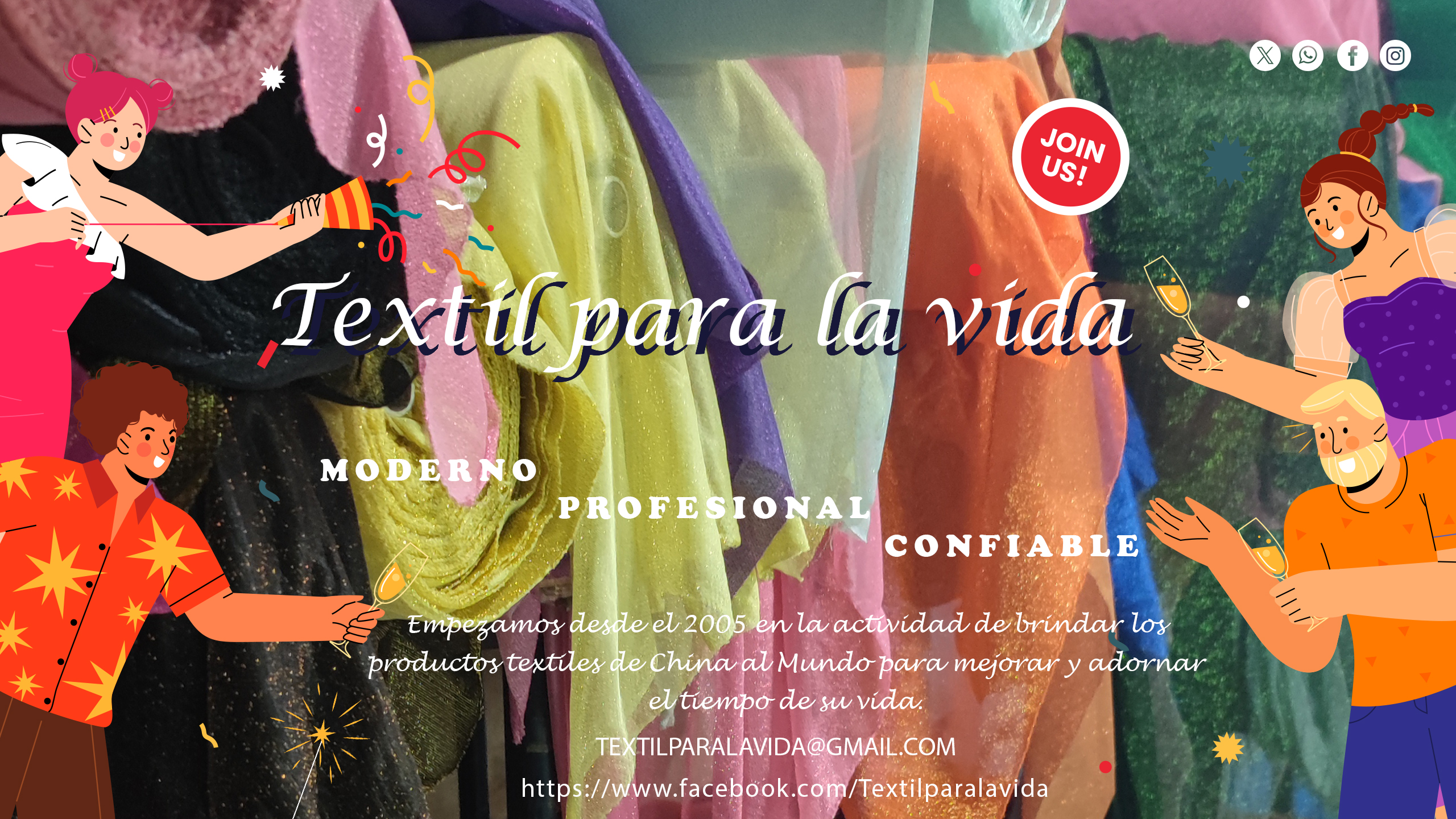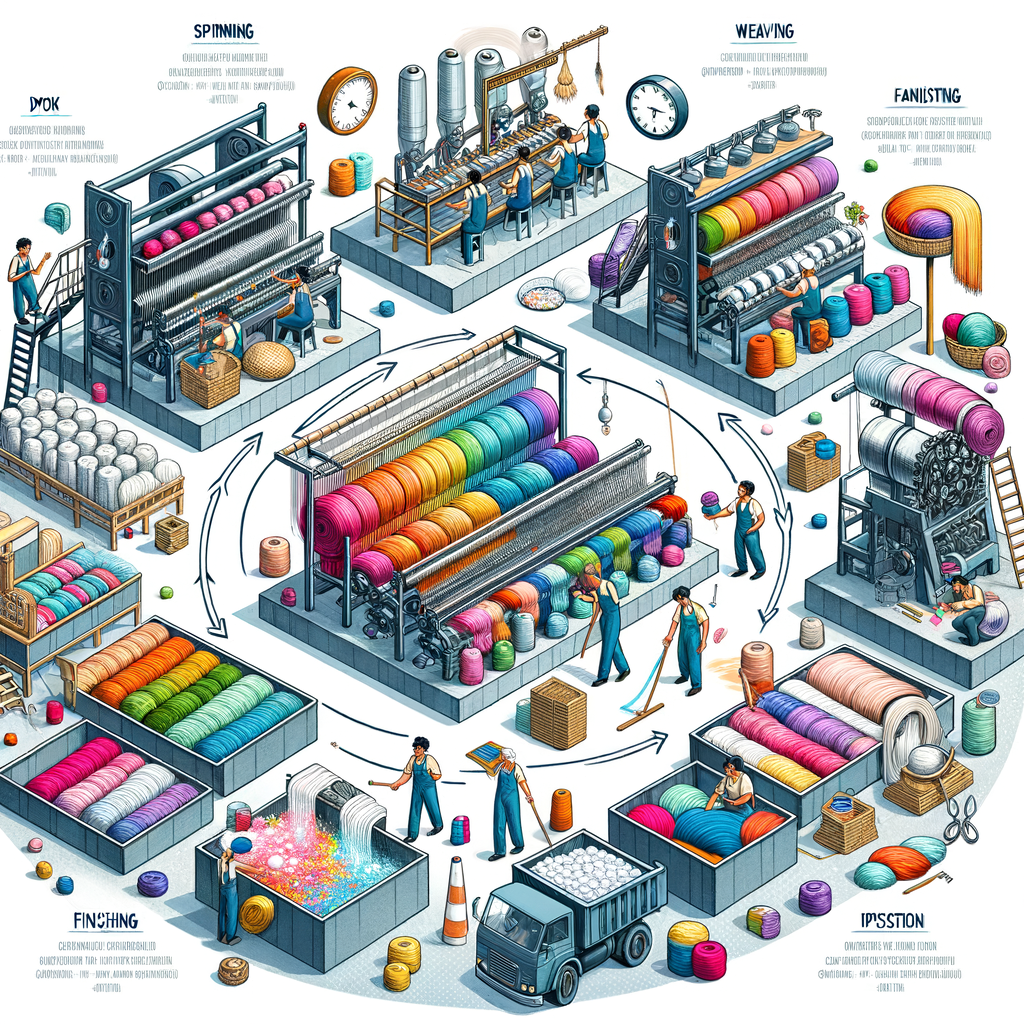Introduction
In the ever-evolving world of fashion, embroidered mesh fabric / Tul Bordado has emerged as a versatile and artistic material that continues to shape modern clothing design. Its ability to blend intricate artistry with functionality has made it a preferred choice among designers and manufacturers alike. This article explores the applications of embroidered fabric in clothing, its development trends, and considerations for its use, with an emphasis on wedding dress design as a key example.
Applications of Embroidered Mesh Fabric in Fashion
- Intricate Design Capabilities
Embroidered fabric is widely appreciated for its ability to achieve complex patterns and designs through advanced embroidery techniques, particularly computer embroidery. Designers leverage software tools to create unique motifs and sophisticated patterns that enhance the visual appeal of garments. The flexibility of embroidered fabric allows for unlimited creative possibilities, from floral patterns to abstract designs. - Functionality Meets Aesthetics
The use of embroidered fabric in fashion strikes a balance between functionality and decoration. Its three-dimensional texture and lightweight properties make it an excellent choice for garments that require both elegance and practicality. Whether it’s delicate evening gowns or casual wear, the fabric’s versatility allows it to cater to diverse consumer demands. - Personalization and Customization
In an era where individuality is highly valued, personalized clothing has become a growing trend. Embroidered fabric plays a critical role in meeting this demand. Computerized embroidery enables precise customization, allowing customers to design garments with their preferred patterns, colors, and details. This not only satisfies their unique tastes but also fosters a sense of personal connection with the clothing.
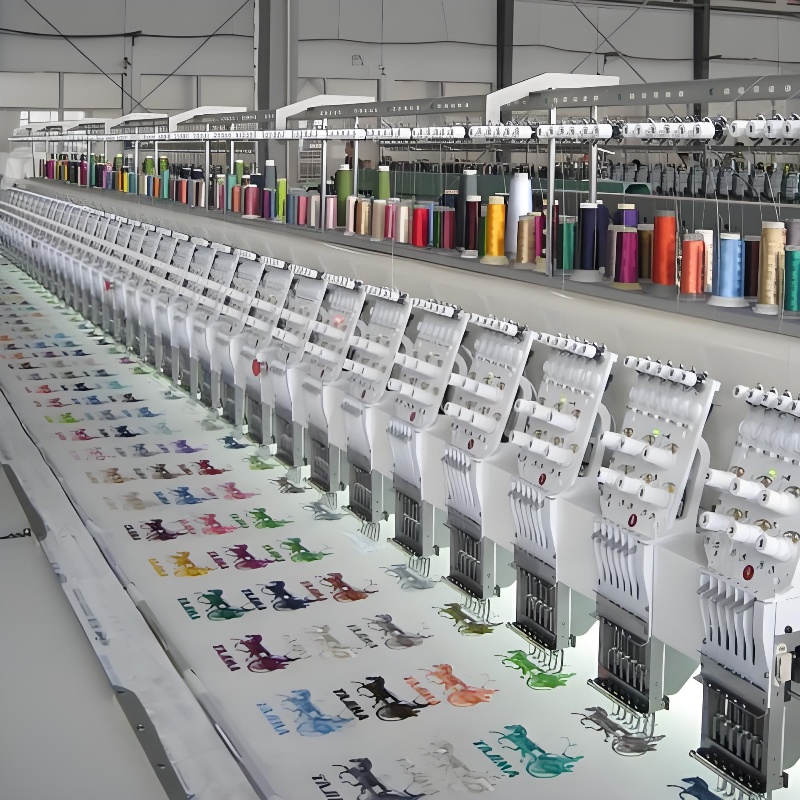
Development Trends in Embroidered Mesh Fabric
- Technological Advancements
Innovations in embroidery technology have significantly impacted the development of embroidered fabric. High-precision, computer-controlled embroidery machines enable the creation of intricate, high-quality designs at greater speed and efficiency. These advancements allow for the production of refined and detailed garments that cater to the discerning tastes of modern consumers. - Sustainability and Eco-Friendliness
With the rise of environmental awareness, the embroidered fabric industry is increasingly adopting sustainable practices. Many brands are now using eco-friendly materials, such as organic cotton and recycled polyester, in their embroidery processes. Additionally, advancements in production techniques aim to minimize waste and reduce energy consumption, aligning the industry with global sustainability goals. - Market Expansion Through E-commerce
The digital age has opened new avenues for the embroidered fabric market. Online platforms have made it easier for consumers to access a wide range of embroidered products, regardless of their geographic location. E-commerce enables brands to showcase their collections to a global audience, expanding the reach and popularity of embroidered fabric.
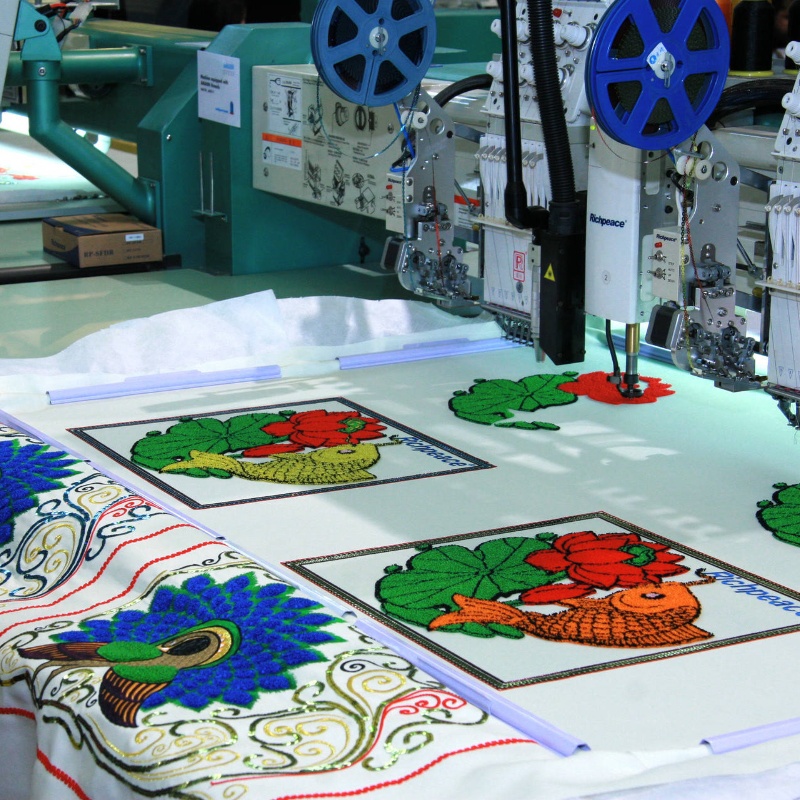
Wedding Dress Design: A Case Study in the Use of Embroidered Mesh Fabric
As an example of its versatility, embroidered fabric plays a pivotal role in the design and selection of wedding dresses. Given the unique properties and wide applications of this material, the following considerations are essential when integrating it into bridal fashion:
- Budget and Cost
Wedding dress expenses often extend beyond the gown itself to include accessories such as veils, shoes, and jewelry. For non-custom dresses, alterations may add to the total cost. Designers must balance the cost of embroidered fabric with other components to provide affordable yet luxurious options. - Venue Suitability
The wedding venue often dictates the style of the dress. For example, embroidered fabric with elaborate patterns may suit indoor venues with formal settings, while simpler designs are better for outdoor weddings. Long trains made of embroidered fabric add grandeur to church weddings, whereas lightweight versions are practical for beach ceremonies. - Seasonal Considerations
Embroidered fabric offers versatility for seasonal adaptations. In summer, lightweight and breathable variations ensure comfort, while in winter, pairing embroidered mesh with heavier fabrics like velvet provides warmth and elegance. - Body Shape and Fit
Choosing a wedding dress style that complements the bride’s body shape is crucial. For slender figures, form-fitting dresses with embroidered mesh detailing, such as mermaid silhouettes, accentuate curves. For other body types, A-line designs with subtle embroidered accents create a flattering and balanced look. - Personal Style and Preferences
A wedding dress reflects the bride’s personality. Traditional brides may favor classic lace embroidery, while contemporary brides might opt for bold, geometric embroidered patterns. The versatility of embroidered fabric makes it suitable for all styles, ensuring each bride finds her perfect match. - Quality and Detailing
High-quality embroidered fabric is distinguished by its fine craftsmanship. Dresses made with this fabric should exhibit neat stitching and seamless integration of embroidery. Attention to detail is paramount to achieving a sophisticated and polished look. - Professional Guidance and Fittings
Brides benefit from consulting experts who can provide personalized advice on styles, fabrics, and accessories. Trying on multiple dresses allows them to experience the look and feel of embroidered fabric firsthand, ensuring the final choice is both comfortable and beautiful.






Conclusion
Embroidered mesh fabric holds a special place in the fashion industry, offering a unique blend of artistry, functionality, and adaptability. Its applications span casual and formal wear, with a growing emphasis on customization and sustainability. Technological advancements and market expansion through digital platforms continue to shape its evolution.
The case of wedding dress design highlights the fabric’s versatility and appeal. From budget considerations to seasonal adaptations, embroidered fabric provides endless opportunities for creativity and expression.
At TEXTILE SL, we are dedicated to supporting designers, manufacturers, and consumers in creating and discovering exceptional textile products. Whether it’s a custom bridal gown or an everyday garment, embroidered fabric enables us to celebrate beauty, innovation, and individuality in the world of fashion.

